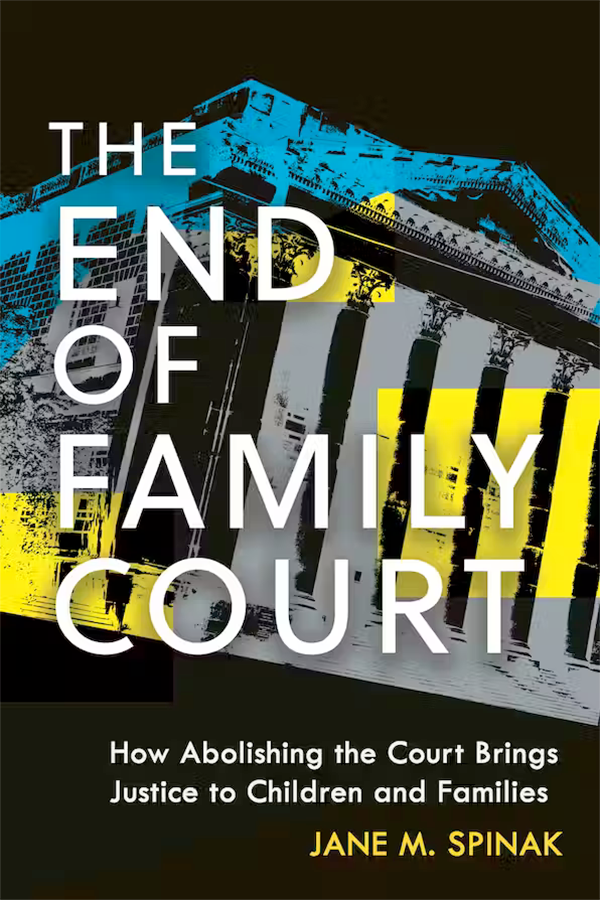Is family court too flawed to be fixed?

Jane M. Spinak did not set out to write a book arguing for the abolition of family court. She thought that she would be making the case for a set of sensible reforms. But the more she dug into the history of the family court system, the previous attempts at reform, and the examples of real world harms that the system had caused, the more she began to believe there was no saving it.
In this episode of The Modern Law Library podcast, Spinak speaks with the ABA Journal’s Lee Rawles about her philosophical journey and the writing of her new book, The End of Family Court: How Abolishing the Court Brings Justice to Children and Families.
Spinak walks Rawles through the origins of the family court system at the turn of the 20th century. The movement began with Northern and Midwestern progressives, usually white middle- and upper-class women, who though that there had to be a way to make the children of recent immigrants into “real Americans.” They also believed, as Spinak does, that adult court was not a place for juvenile offenders.
Over the next century, the purpose and purview of family courts expanded and changed. Today, family court judges may consider juvenile criminal offenses, status offenses, custody cases, adoption, the removal of children from their parents and truancy cases. What has remained constant is the uneven enforcement of child safety laws, which fall primarily on poor and minority families.
“It is doubtless true that many children of the well-to-do are saved from coming before the courts because their families have greater resources and are often able to obtain special care for their children,” reads a report from the U.S. Children’s Bureau in the 1930s cited in The End of Family Court. “Whereas the children of the poor are more likely to be referred to courts or committed to institutions when they develop serious behavior problems.”
In this episode, Spinak shares experiences from her four decades in the family law arena, discusses how the children and families impacted by family court are leading movements for change, and explains how family court jurisdictions could shrink as communities step up to support families.
In This Podcast:

Jane M. Spinak
Jane M. Spinak is the Edward Ross Aranow clinical professor of law emerita at Columbia Law School, where she directed clinical programs in family regulation for 40 years. Spinak most recently directed the Adolescent Representation Clinic, which represented teenagers and young adults aging out of foster care. From 2001 to 2006, Spinak was Columbia Law School’s director of clinical education. Spinak also was the attorney in charge of the Juvenile Rights Division of the Legal Aid Society of New York and was the founding chair of the board of the Center for Family Representation. She co-chaired the Task Force on Family Court created by the New York County Lawyers Association.



